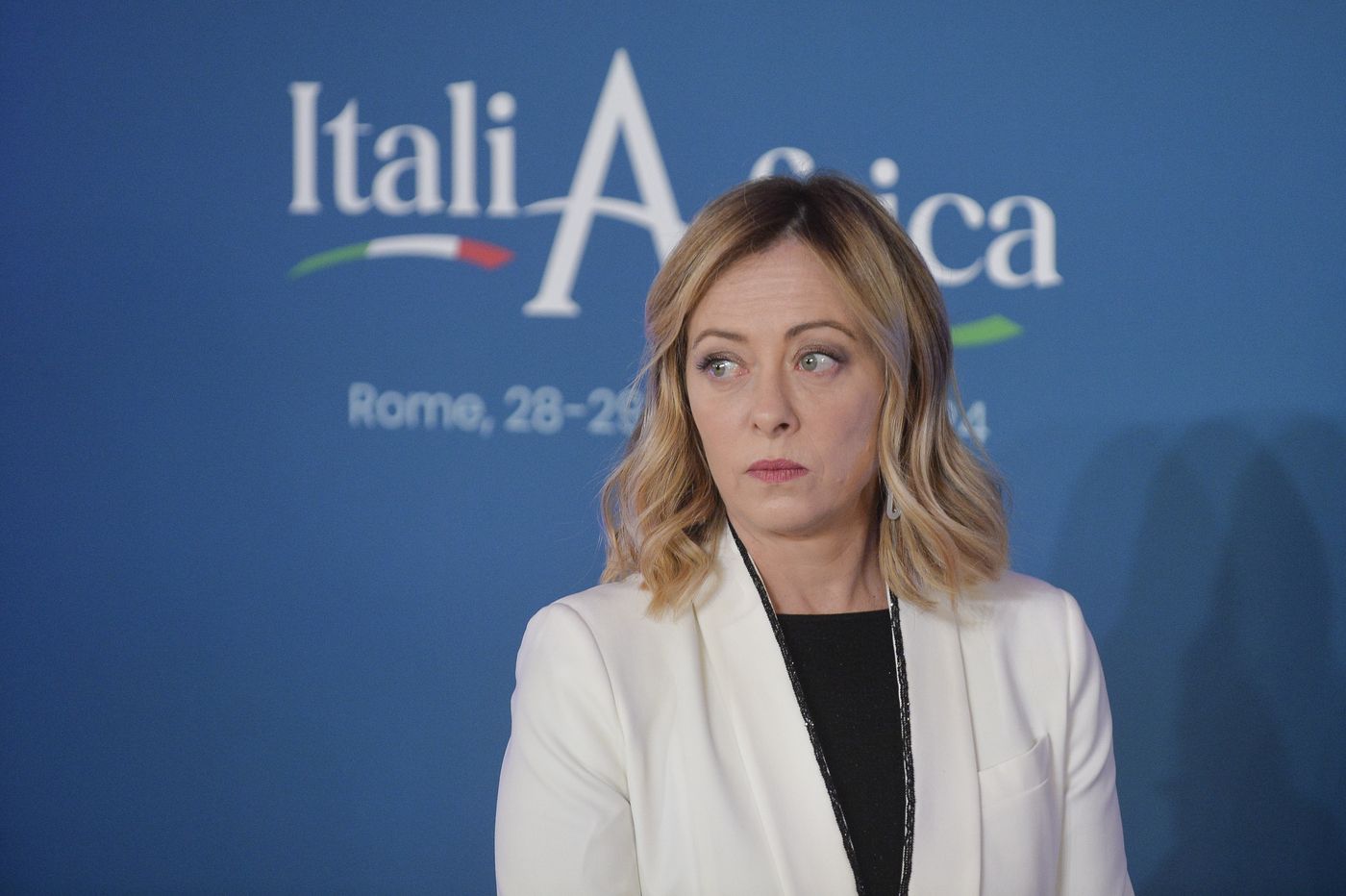The Need for Integration into EU Initiatives
It is clear that the Mattei Plan will have to address the gap between quite significant ambitions and reality or realizability. The issue of financing the Plan remains fundamental, and the amount allocated, while substantial within the finances of the Italian state, does not seem sufficient to have a major impact on such a vast continent as Africa. For this reason, a key component of the Mattei Plan’s success would be its integration with the European Union’s Global Gateway initiative. The Global Gateway, launched by the European Commission in December 2021, aims to improve global connectivity by investing in infrastructure, digital and human development projects around the world, allocating about €150 billion to Africa, which is rightly considered a priority area. By aligning the Mattei Plan with the EU’s Global Gateway, Italy could leverage EU resources and facilities to amplify its impact in Africa.
Integration with the Global Gateway initiative can offer several advantages. First, it allows Italy to tap into a larger pool of financial and technical resources. The EU’s collective investment capacity far exceeds that of any individual member state (in this case 150 billion vs. 5.5 billion), enabling more ambitious and large-scale projects in Africa. By coordinating with the EU, Italy can ensure that its initiatives under Mattei Plan are adequately funded and supported.
Second, the Global Gateway’s emphasis on sustainable and inclusive development aligns well with the principles of Piano Mattei. Both initiatives prioritize partnerships that promote long-term development and benefit local communities. By placing the Mattei Plan within the Global Gateway framework, Italy can ensure that its efforts are consistent with the EU’s broader goals and standards. In addition, integration with the Global Gateway can increase the Mattei Plan’s credibility and attractiveness. As part of a coordinated EU strategy, Italy’s initiatives are more likely to be perceived as part of a comprehensive and cohesive effort rather than as isolated national interests. This may help mitigate any concerns or suspicions on the part of African partners about the motives and intentions behind Italy’s renewed engagement. The EU’s established networks and diplomatic channels in Africa also provide Italy with a valuable platform to advance its goals.
Working within the EU framework, Italy can profit from the existing relationships and cooperation agreements that the EU has developed with African nations and regional organizations. This can facilitate a smoother and more effective implementation of projects and initiatives under the Mattei Plan. Italy should also take advantage of the expertise and experience of EU development agencies and financial institutions, such as the European Investment Bank (EIB) and the European Bank for Reconstruction and Development (EBRD). These institutions can provide valuable support in project design, financing, and implementation, improving the overall impact and sustainability of the Mattei Plan. In addition, Italy should engage with African stakeholders, including governments, private sector entities, and civil society organizations, to ensure that the Mattei Plan meets their needs and priorities. Building strong partnerships and promoting local ownership of projects will be critical to their long-term success and viability. The Mattei Plan should not be perceived as a unilateral initiative, but should be designed by bilaterally gathering the needs and objectives of African partners.
In conclusion, the revival of the Mattei Plan represents a strategic and timely effort by Italy to strengthen its engagement with Africa, but the risk is that it will turn into a mere marketing exercise, a re-branding of initiatives already in the pipeline or a flagship initiative to steal ground from European competitors. By focusing on energy cooperation, economic development, migration and geopolitical competition, the Mattei Plan addresses some of the most pressing issues facing Italy and the region as a whole. Integrating the Mattei Plan with the EU’s Global Gateway can amplify its impact by leveraging EU resources, networks, and structures to create a more cohesive and effective approach to Africa. This integration not only benefits Italy, but can also contribute to the EU’s broader goals of promoting sustainable development, stability and prosperity in Africa.
